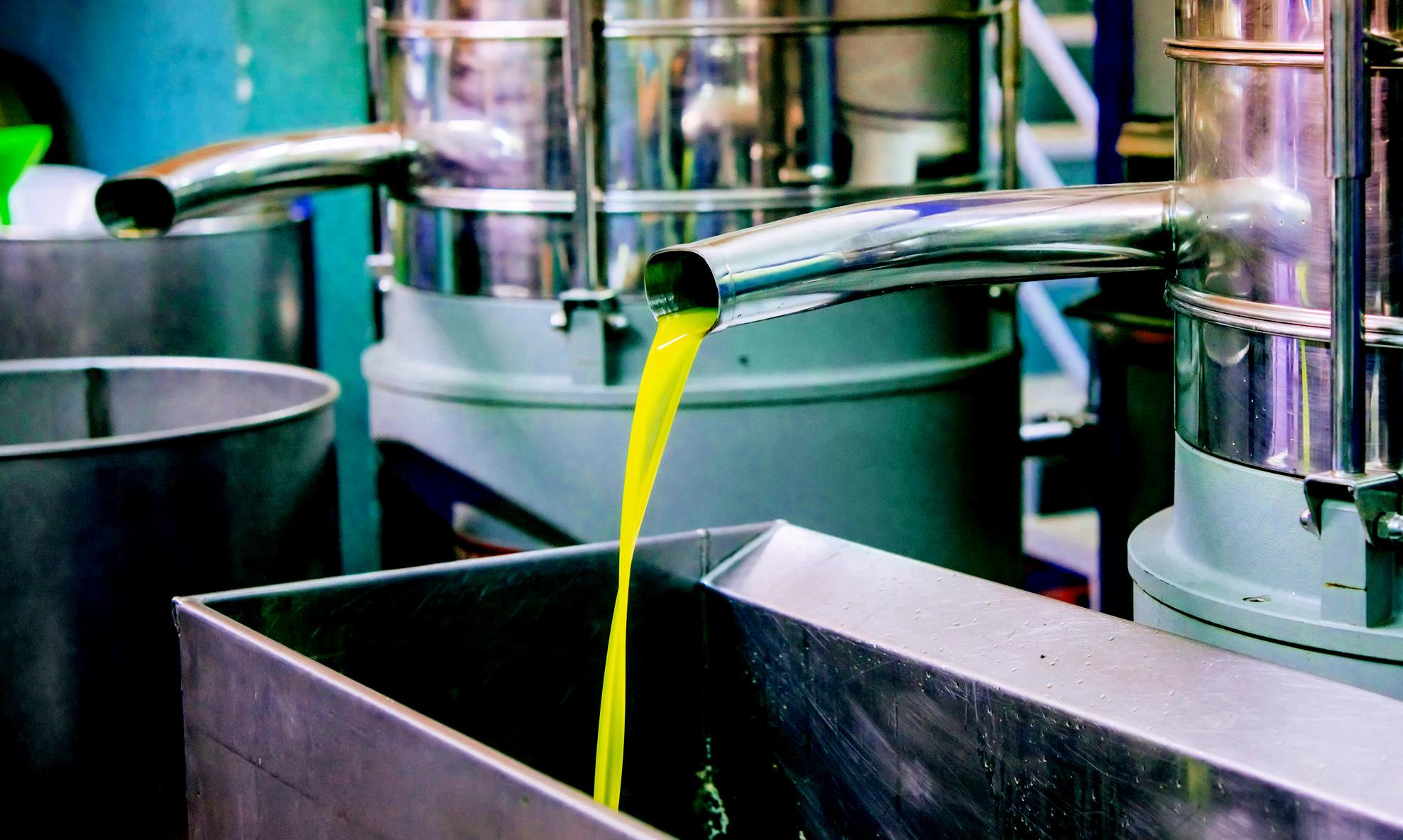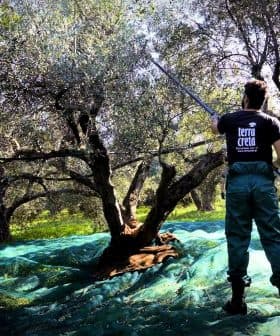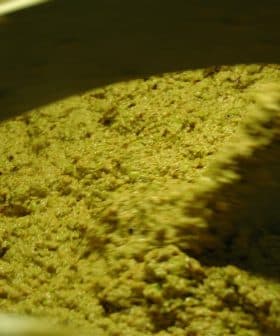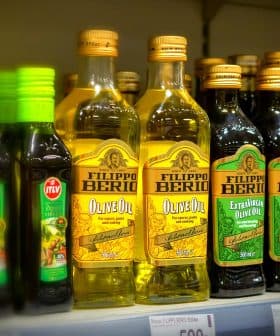New Production Technology Improves Olive Oil Quality

High vacuum-assisted extraction technologies have been found to improve the healthy characteristics of extra virgin olive oil and reduce sensory defects, with a potential increase in polyphenol content of up to 48 percent. The research, conducted by the University of Perugia, showed that different olive cultivars responded differently to the extraction technologies, and further studies are needed to assess the impact on final olive oil yield and potential market applications.
High vacuum-assisted extraction technologies improved the healthy characteristics of extra virgin olive oil while also decreasing sensory defects, according to new research from the University of Perugia.
Italian scientists have found that under certain conditions the polyphenol content of the extra virgin olive oil can be increased up to 48 percent when using the high vacuum-assisted extraction technologies.
We have noticed an increase in the phenolic compounds that varied approximately between 20 and 48 percent.
A reduction in the content of volatile compounds, which are responsible for creating flavor defects in olive oils, was also observed.
“Our experiments in the first phase of the research brought us to evaluate the impact of the high vacuum-assisted extraction on both the sensorial profile and the health properties profile of olive paste and oil,” Gianluca Veneziani, a researcher at the university and one of the authors of the study told Olive Oil Times.
See Also:Olive Oil Production NewsThe research, published in the journal Food Chemistry, was conducted using three different cultivars – Moraiolo, Coratina and Peranzana – and showed different results for each one of the cultivars.
“We have noticed an increase in the phenolic compounds that varied approximately between 20 and 48 percent,” Veneziani said. “As our team noted in a previous study when you introduce a technology that it is going to intervene on the cellular structure of a fruit, the outcome is heavily dependent on its own genetics.”
He added that while some cultivars might already tend to produce high quantities of polyphenols, some others “might enjoy a little help” in reaching those high levels. Elevated levels of polyphenols are generally associated with high-quality extra virgin olive oil.
The other goal of the study was to observe the impact of the high vacuum-assisted extraction technologies on the content of volatile compounds, a crucial aspect of the research due to the impact of these compounds on the flavor and quality of extra virgin olive oil.
The researchers found that lower temperatures during malaxation led to a lowered stripping efficiency in the extracting process. This means that the compounds responsible for negatively affecting the flavor of the extra virgin olive oil decreased as a function of lower operating temperatures.
“We also observed the reduction of some volatile molecules we could consider negative, such as ethanol, ethyl acetate and acetic acid,” Veneziani said. “Those are responsible for minor defects of olive oil but the stripping of these specific molecules has shown to be very efficient, reducing them much more than what might happen to positive contents. A result that is probably due to the cellular structure of those compounds.”
Veneziani added that the different behaviors from each of the three different cultivars was attributed to their different genetics.
“When lower temperatures are engaged, some cultivars might see more stripping effects than others,” he said.
With the cooperation of the research team of the Scuola Sant’Anna in Pisa, Tuscany, the scientists noted how the high vacuum system favorably impacted the behavior of the olive cells in the malaxation phase.
“We have compared what was happening there to what usually happens with conventional malaxing,” Veneziani said.
“We discovered that high vacuum technologies tend to increase the intracellular flow in the olive paste,” he added, hinting at the effects on the mechanical and structural properties of the olive cells.
As a result of the cryo-scanning electron microscopy analysis, Veneziani continued, “we found that the olive oil micro-drops tend to get bigger, as an increase in coalescence can be noted.”
That increase might have a direct impact on the decanter efficiency and on the final olive oil yield.
See Also:Pulsed Electric Technology Increases Yield and Quality, Study FindsThe study came about as the result of a partnership between the University of Perugia and Alfa Laval, a major international processing equipment producer.
However, the results of the study will have no immediate impact on the type of production equipment available on the market, though researchers consider it a promising first step.
“Our next step will be to scale up the experiment and bring our observations to real life industrial processing operations,” Veneziani said.
What the scientists need to assess is the impact of the new processes on the final olive oil yield. They also intend to better understand the behavior of the different olive cultivars in the new environment since relevant differences surfaced during the lab test.
Investigating the effects of the new processes on a larger number of cultivars could eventually play an important role in bringing the new high-vacuum extraction technologies to the market.
“What we shall also have to confirm is the impact on both the phenolic content and volatile compounds, specifically focusing on the stripping of those molecules that do usually play a role in damaging the olive oil over time,” Veneziani said.









